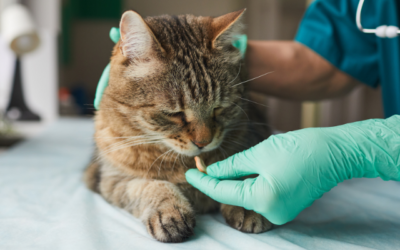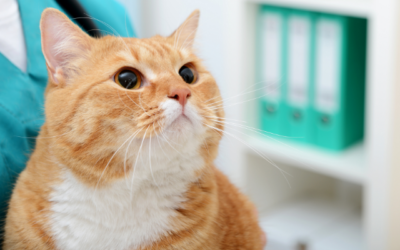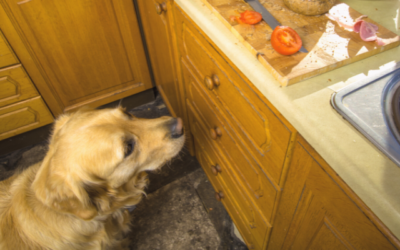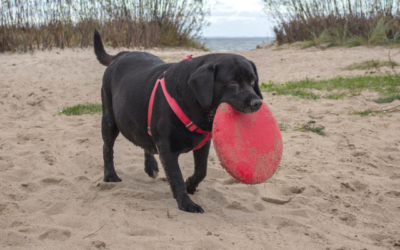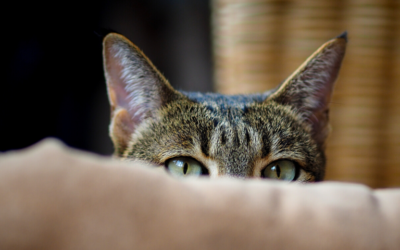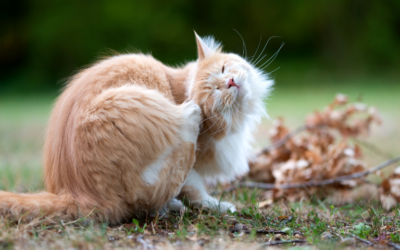Blog
Uh oh, I found a lump on my pet!
At your pet’s appointment, we will perform a general check of your pet and examine the lump itself. In some cases, we will discuss further testing of the lump to confirm a diagnosis.
Vaccination and parasite control routines for ‘less than cooperative’ cats
We recommend regular flea control for most cats, even if they live indoors, as fleas can be brought in by other household pets or on human shoes.
Is it an emergency?
Seeing your pet afflicted with any unwellness or injury can be very worrying and may leave you feeling helpless or uncertain, especially if you’re unsure whether their condition warrants an emergency or after-hours veterinary assessment.
Daily care of your pet’s mouth
If you notice any changes in your pet that concern you, it’s best to book an appointment with our knowledgeable team for a further assessment.
Advice for new cat owners
So, you’ve decided that you are ready to welcome a new cat into your household - congratulations! With some dedicated care on your part, you should have a loving feline companion for the next 12-18 years. When searching for your new friend, consider whether you would...
“A Christmas case of tummy upset”
Pepper is a seven-year-old female Schnauzer, who is very tolerant when her family decides to dress her up for Christmas (with her little white beard, she makes a delightful doggy Santa). A couple of days after Christmas two years ago, Pepper seemed quieter than...
Healthy pet weight 101
If your pet becomes overweight, it’s a great idea to have them assessed further by one of our vets. Firstly, we can determine their ideal target weight, and create a personalised plan for safe, effective weight loss.
Cat anxiety: Not feline very good!
If your cat is showing any behavioural changes suggestive of anxiety, it’s best to book an appointment with our vets for further assessment, so we can confirm the problem and look for any potential associated medical issues.
Atopy management
If we suspect underlying allergies as the trigger for your pet’s skin or ear disease, we will perform some treatment trials to help determine the cause. This will include a thorough flea control program, a hypoallergenic dietary trial and a check of your pet’s environment for any common irritating plants.


